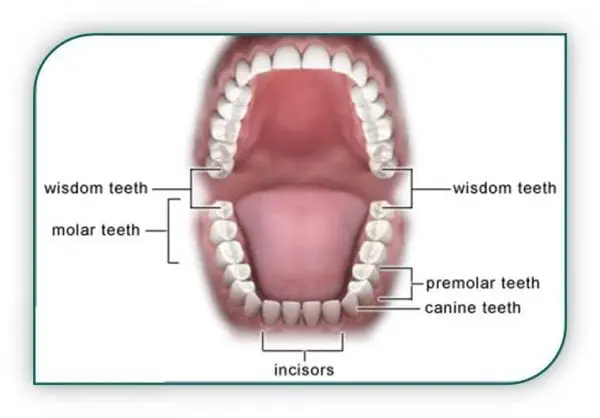Important Facts about Wisdom Teeth and How to Deal with Them

Like many, you probably fear wisdom teeth but don’t really know much about them apart from the “horror” stories you’ve heard from family or friends. You may be wondering why we have these extra molars when all they do is cause problems!
Such fear and animosity are generally unfounded. Here are some important facts to give you a better understanding of wisdom teeth and how to handle them.
Wisdom Tooth Demystified
A wisdom tooth is the last molar to form at the back of our mouth. It usually comes through between the ages of 17 and 25, often referred to as the age of wisdom. Adults normally have four wisdom teeth – two on each end of the upper and lower jaws, but this is not always the case. Some may have more, fewer, or none at all.
It is believed that our prehistoric ancestors had larger jaws and extra molars to help them chew tough food such as roots and raw meat. Over time human diets changed and we developed shorter jaws often with more room for the extra molars to form, but little space for them to erupt.
When Wisdom Tooth Becomes a “Pain”
When a wisdom tooth erupts – that is, when it comes through your gums – it may cause some discomfort and pain, much like when babies are teething.
If you’re one of the lucky ones, your wisdom tooth may erupt naturally at the right angle and with plenty enough space to thrive in your gums. Often, however, they’re so far back in your mouth that they are very difficult to clean making them prone to tooth decay and gum disease. Brush them often to remove dental plaque and ensure cavities don’t form on your wisdom tooth. A regular check-up with your Dentist in Sarasota is advisable to ensure it doesn’t cause you any problems in the future.
To Remove or not to Remove – that is the question!
Some wisdom teeth do not fully erupt and become “impacted” as growth is blocked by other teeth, gums, or jawbone. An impacted tooth is very painful and may cause infection and even damage adjacent teeth. X-rays will help your dentist determine the best treatment for an impacted wisdom tooth. Sometimes, it will only take a small cut on your gum to help your tooth come through properly. Other times, wisdom tooth removal may be the best option.
Wisdom tooth removal can be a frightening thought. But don’t worry, with proper anesthesia the process shouldn’t be painful at all says this implant dentist in Chattanooga. You will most likely feel the initial sting when anesthesia is given. Once the area is numbed, you should only feel a bit of pressure without any sharp pain. The treatment option to have sedation or “happy gas” can make the procedure more comfortable.
If your wisdom tooth needs to be removed, it is better to do it sooner rather than later as our bones get tougher as we age.
Talk to Your Dentist and Oral Health Therapist Today
Visit your dentist and oral health therapist today to know more about your wisdom tooth before it becomes a problem and cost you a fortune. As the saying goes, a good ounce of prevention is better than a pound of cure!
If you are looking for a great smile to go with any outfit and are in the Raleigh- Durham area check out Gladwell Orthodontics









